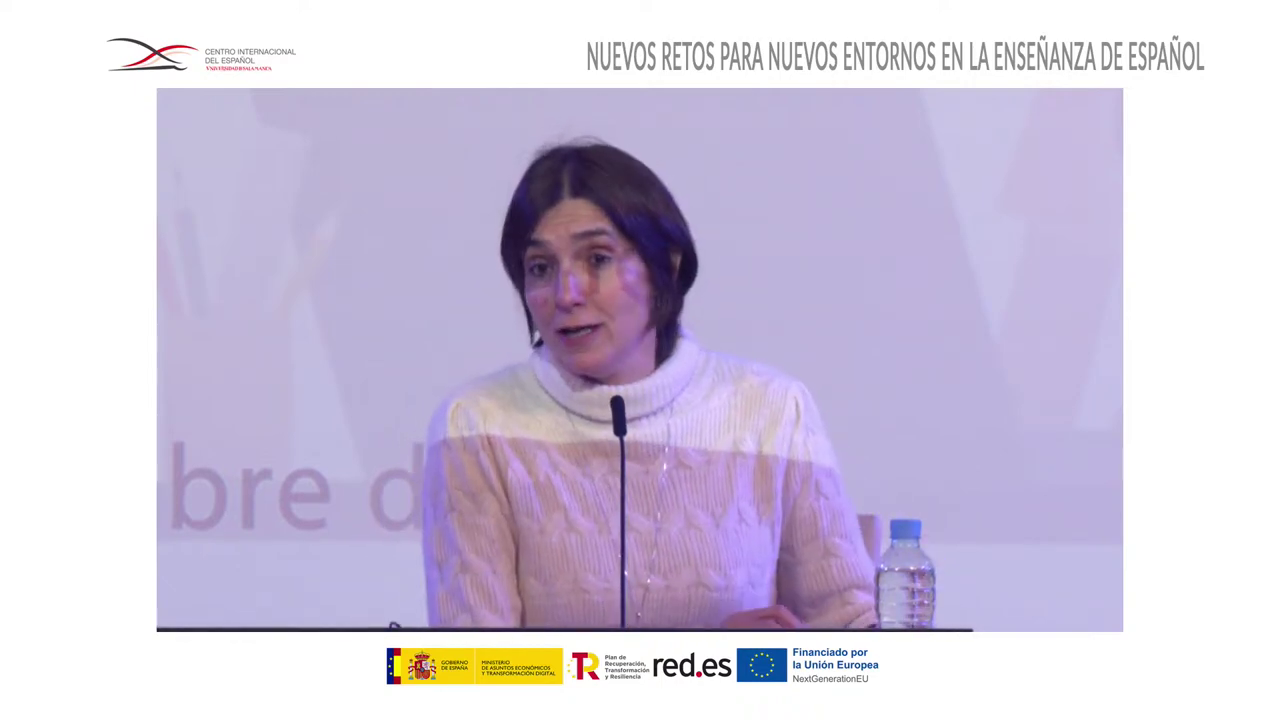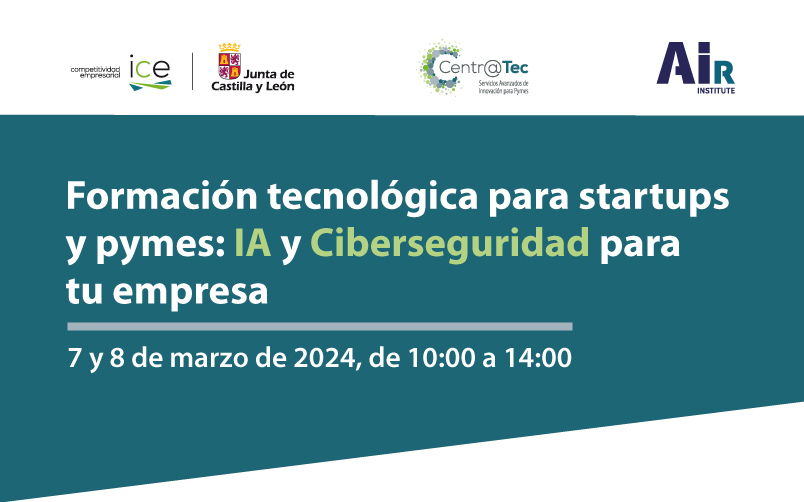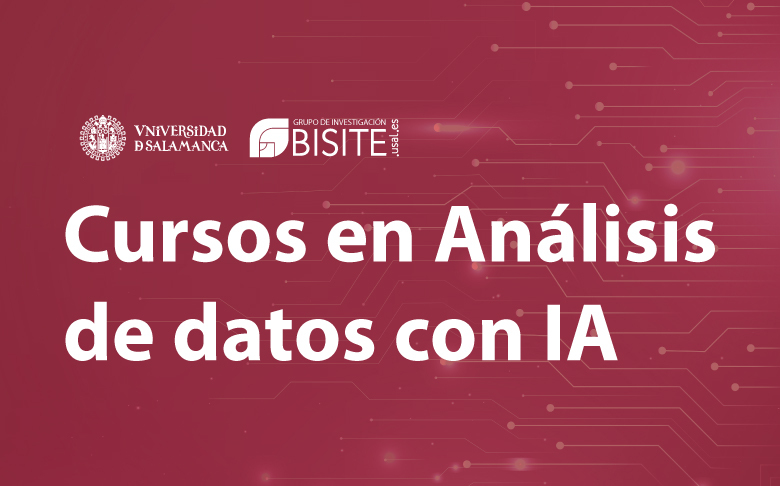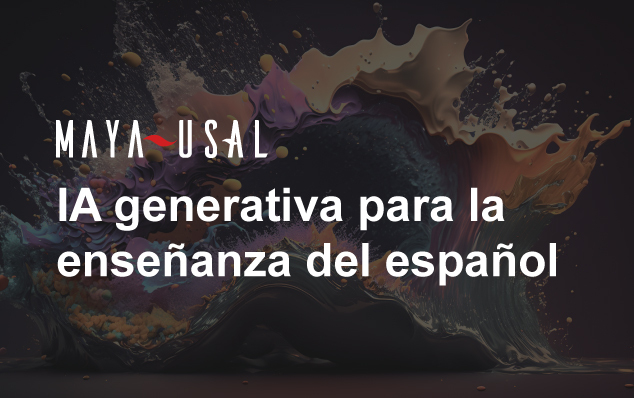The International Spanish Centre (CIE) of the University of Salamanca hosted the conference "New challenges for new environments in the teaching of Spanish", as part of the Strategic Project (PERTE) of the New Language Economy. This event not only addressed the current challenges in Spanish language teaching, but also explored the opportunities offered by Generative Artificial Intelligence (Generative AI) in this field.
 Susana Azpiazu Torres at the inauguration of the event
Susana Azpiazu Torres at the inauguration of the event
The conference was opened by Susana Azpiazu Torres from the International Spanish Centre of the University of Salamanca and continued with the presentation of Javier Muñoz-Basols, Professor at the University of Seville and Oxford University, who gave a talk on "Global challenges for Spanish as a language of learning, teaching and research". For his part, Òscar Puyol, from the Cervantes Institute in New Delhi, India, enriched the event with a talk on "Spanish in India: from an unknown language to a preferred language".
Generative AI is the frontier of innovation, a technology that challenges the limits of human creativity. In education, especially in Spanish language teaching, Generative AI can be a crucial ally in driving innovative learning methods.
 Guillermo Hernández during the lecture on Generative AI
Guillermo Hernández during the lecture on Generative AI
Our colleague, Guillermo Hernández, participated in the conference and presented the paper, "Current overview of generative artificial intelligence and its impact on teaching", in which he explained the current state of the models of generative artificial intelligence and its impact on the field of teaching, looking especially at the teaching of Spanish, the main subject of the conference. Some of the issues of particular importance were the application of prompt engineering techniques and the analysis of ethical problems, and the future of generative artificial intelligence.
Many of the issues dealt with in this conference are developed in an extended form in the free course that will be available in a few days at maya.usal.es.
In the second part of the day, Esperanza Román-Mendoza, from George Mason University, USA, gave a talk on "The Spanish language and the challenge of generative artificial intelligence: preliminary impressions and lines of work in development", and finally, Javier de Santiago Guervós, from the Department of Spanish Language, University of Salamanca, gave a closing speech.

This was an engaging event that will continue to be developed through the course "Generative Artificial Intelligence for the creation of MAYA-USAL applications", a training course developed by the BISITE Research Group and the AIR Institute. This is a unique opportunity to understand the techniques behind generative AI and apply them in practical cases for the development of applications.



